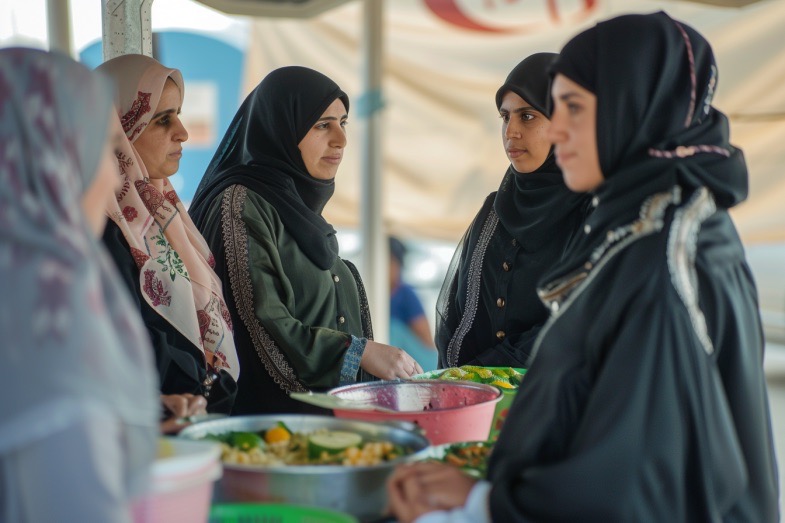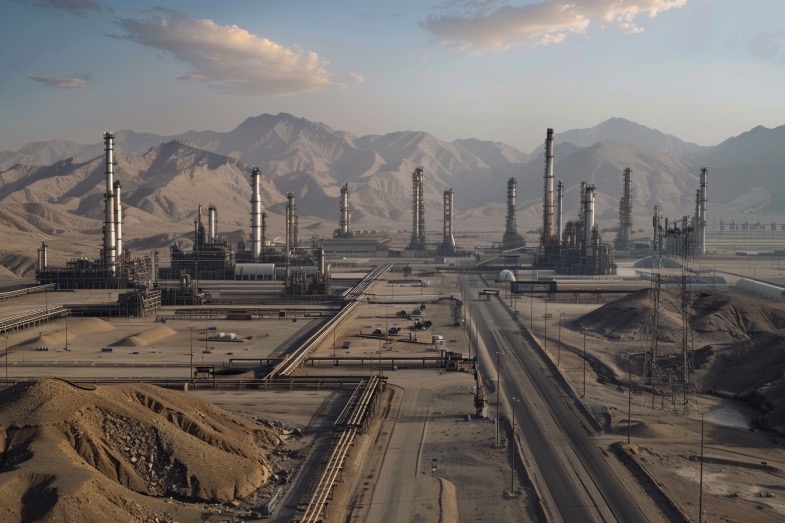Tragedy Strikes: Flash Floods Devastate Village in Swabi District
In a small village in the Swabi district of Khyber Pakhtunkhwa, a heart-wrenching scene unfolded as villagers carried out the bodies of two children, covered in mud, while a large crowd looked on with a mix of emotions.
Following a flash flood that swept away several houses, trapping numerous individuals under the rubble, the community gathered to witness the aftermath of the devastation.
As some onlookers observed in silence, others engaged in conversations, while a group of rescue personnel and soldiers tirelessly worked to locate survivors using any means necessary.
Amidst the chaos and loss, there was a palpable sense of anger brewing among the villagers.
Many questioned why no warning had been issued by the government prior to the floods, expressing frustration and disappointment at the lack of support from local officials.
“Why didn’t the government warn us sooner?” echoed through the crowd, as Arif Khan, assisting in the recovery efforts, emphasized the urgent need for proper equipment like an excavator to aid in the rescue mission.
Despite the presence of emergency teams and military personnel, essential equipment remained stranded due to impassable roads, hindering the rescue operations.
As the day progressed, the villagers tirelessly worked to clear debris and recover bodies, a grim reminder of the recurring natural disasters that plague Pakistan.
With monsoon rains claiming hundreds of lives each year, the country grapples with the mounting challenges posed by climate change and its devastating impact on vulnerable communities.
Dr. Syed Faisal Saeed, chief meteorologist at the Pakistan Meteorological Department, warns of escalating monsoon rains in the future, underscoring the urgent need for long-term solutions to mitigate the effects of climate change.
Despite Pakistan’s minimal contribution to global greenhouse gas emissions, the nation bears a disproportionate burden of climate-related disasters, prompting calls for increased international support and domestic resilience efforts.
As the government faces budgetary constraints and competing priorities, the need for effective disaster preparedness and response mechanisms becomes ever more critical.
While efforts are underway to enhance early warning systems and strengthen climate resilience, the road ahead remains fraught with challenges and uncertainties.
Amidst the ongoing struggle to protect vulnerable communities and mitigate climate risks, there lingers a pervasive sense of hopelessness and despair, underscoring the urgent need for sustainable solutions and concerted action at all levels.
As Pakistan grapples with the aftermath of yet another devastating monsoon season, the resilience of its people and the resilience of its infrastructure are put to the test, highlighting the imperative of collective action and solidarity in the face of climate-induced disasters.



